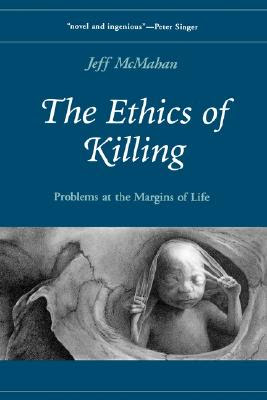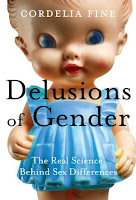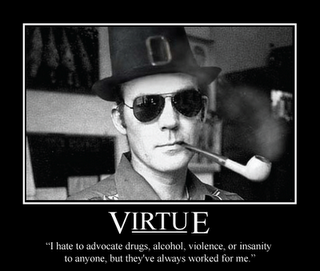Due Date: The beginning of class on Wednesday, December 19th, 2012
Worth: 10% of your final grade
Assignment: Write an argumentative essay on the topic below. Papers must be typed, and must be between 600-1200 words long. Provide a word count on the first page of the paper. (Most programs like Microsoft Word have automatic word counts.)
Topic: Explain and defend your definition of “person” as it relates to morality, and specifically to the ethics of abortion and animal ethics.

Worth: 10% of your final grade
Assignment: Write an argumentative essay on the topic below. Papers must be typed, and must be between 600-1200 words long. Provide a word count on the first page of the paper. (Most programs like Microsoft Word have automatic word counts.)
Topic: Explain and defend your definition of “person” as it relates to morality, and specifically to the ethics of abortion and animal ethics.
(1) First, briefly explain and critically evaluate the different definitions of “person” that we have discussed in class. Be sure to explain the definition offered by Mary Anne Warren.When outlining your definition of person, be sure to consider and answer the following questions: Which living entities are persons, and which living entities are not persons? Do you believe one needs to be a person in the moral sense in order to be worthy of moral consideration (for instance, do some non-persons have a right to not be killed and a right to not suffer unnecessarily)? Do persons have special moral significance? Can someone have moral rights before they have moral duties? Be sure to fully explain and philosophically defend each of your answers.
(2) Second, explain how each of the following authors uses the concept of “person” to attempt to settle the particular ethical debate she or he wrote about. (Warren and Marquis on abortion, and Norcross on animal ethics).
[NOTE: Many of these authors think personhood is irrelevant to their issue.]
(3) Third, explain and defend your definition of “person”: do you agree with one of the definitions we discussion in class, or do you have one of your own?
(4) Fourth, explain the solution that your definition of “person” gives to the ethical debates of abortion and animal ethics.

 I don't often recommend an entire book to students, but if you're interested in some thoughtful analysis of abortion, euthanasia, animals, killing, and personhood, among other things, you should check out Jeff McMahan's
I don't often recommend an entire book to students, but if you're interested in some thoughtful analysis of abortion, euthanasia, animals, killing, and personhood, among other things, you should check out Jeff McMahan's 








